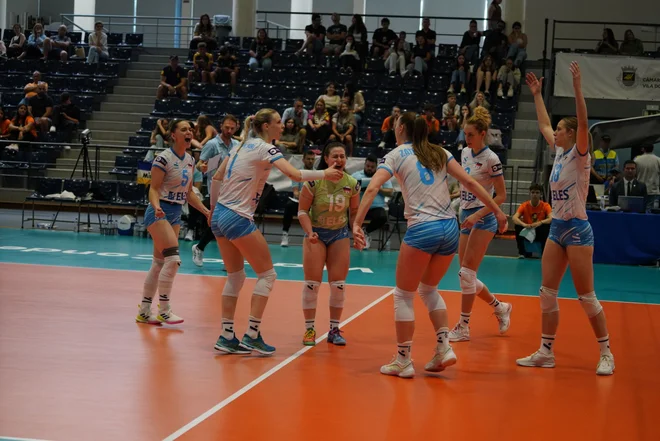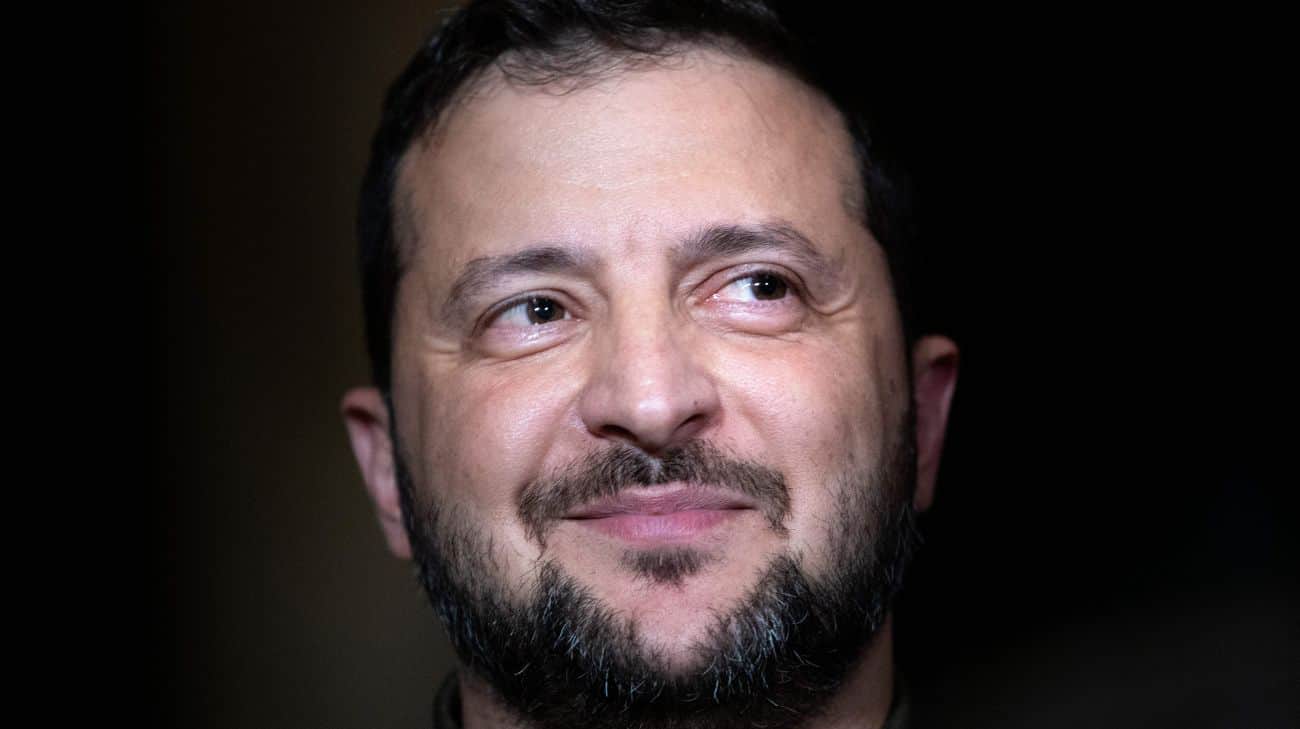What would the new parliamentary elections change?

Premature parliamentary elections are being mentioned as an opportunity to break the institutional blockade in Kosovo, but not everyone believes that they would bring about a major change in the political forces ratio.
« All that can happen is a rough result and a return to the situation where we are currently. It is just an attempt to delay the solution, » Artan Muhajiri, a sociologist and connoisseur of political developments, tells RFE /.
Regular parliamentary elections in Kosovo were held on 9 February.
Dozens of attempts to constitute the Assembly did not result in any results.
Albulena Haxhiu of the Vetevendosje Movement, who is failing to secure the votes to be elected Speaker, came up with the idea of holding extraordinary parliamentary elections, along with local ones later this year.
Albert Krasniqi, from the non -governmental organization Democracy Plus (D+), estimates that elections can be the only way out if there is a lack of compromise for the constitution of the Assembly.
However, he does not expect them to bring about major changes in the representation of parties in the Assembly.
« In the term numbers there may be a movement that political parties can strengthen or weaken, but, of course, there can be no major changes for such a short time, » Krasniqi told RFE / RL.
Opposition with doubts about the effect of new elections
If for the Self -Determination Movement – which came first in the February 9 elections, but not with enough votes to form the government alone – new elections are solutions, for most of the opposition, they will not change the situation substantially.
Democratic Party of Kosovo MP Abelard Tahiri says that if the new elections are held, they should not be held together with the premises.
« … Why should the local election deadline be expected, which falls somewhere in mid -October? We have to go much earlier, » Tahiri says.
For the Democratic League of Kosovo, the new elections would not choose anything.
The MP and deputy leader of this party, Lutfi Haziri, tells RFE / RL that they would be merely a « repeat of the February 9 elections » in terms of the results that would come out of them.
« For the LDK, the elections are now unacceptable. I do not believe they solve something, except they can improve the vocabulary of the first party (LVV), because there has been a negative campaign, a denigrating vocabulary-which has become a problem, » Haziri says.
He adds that even if Vetevendosje improves vocabulary to other parties, this will most likely not change the LDK’s position to cooperate with it.
But it does not rule out the possibility of any future cooperation if the circumstances, as it is said, becomes more favorable.
The vocabulary that has been used should not be used anymore, says Beka Berisha, a member of the Alliance for the Future of Kosovo, stressing that this is essential to overcome the political crisis that is pushing for early elections.
« (The elections) would not change anything (in the outcome of the parties). But it would be best if we could understand – all political parties and political parties’ actors – that we must stop hostility … we have left no room for sitting or talking, » Berisha told Radio Free Europe.
Even during the February 9 elections, even after, the denigrating language was used by several political representatives-including the Prime Minister in Kosovo and the leader of Vetevendosje, Albin Kurti, and AAK President Ramush Haradinaj.
Recorders of political developments estimate that, if the country goes to the elections, one of the few benefits may be the cleaning of this discourse.
Muhajiri says the current vocabulary between political parties is increasingly removing them from the possibility of cooperation.
« There is no sense for this language to be so toughened if they are talking about a coalition in the background. However, in Kosovar politics, it is never known, » Muhajiri says.
Krasniqi is also the same line. He says the divisive language has become a serious obstacle to building any post -election cooperation.
The new elections can be conveyed with more restoring political rhetoric and, thus, pave the way for a resumption of relations between parties, according to him.
« I believe that parties, with the (premature) elective, want to give them the chance to cooperate. They have realized that, with current results, a single party cannot form (the government). They must have a wider compromise, » Krasniqi says.
Both analysts recall that without a compromise agreement that would lead to the constitution and then the distribution of the Assembly, the early parliamentary elections are impossible to be legally realized.
Bekim Bislimi is a Radio Free Europe journalist in Pristina.




